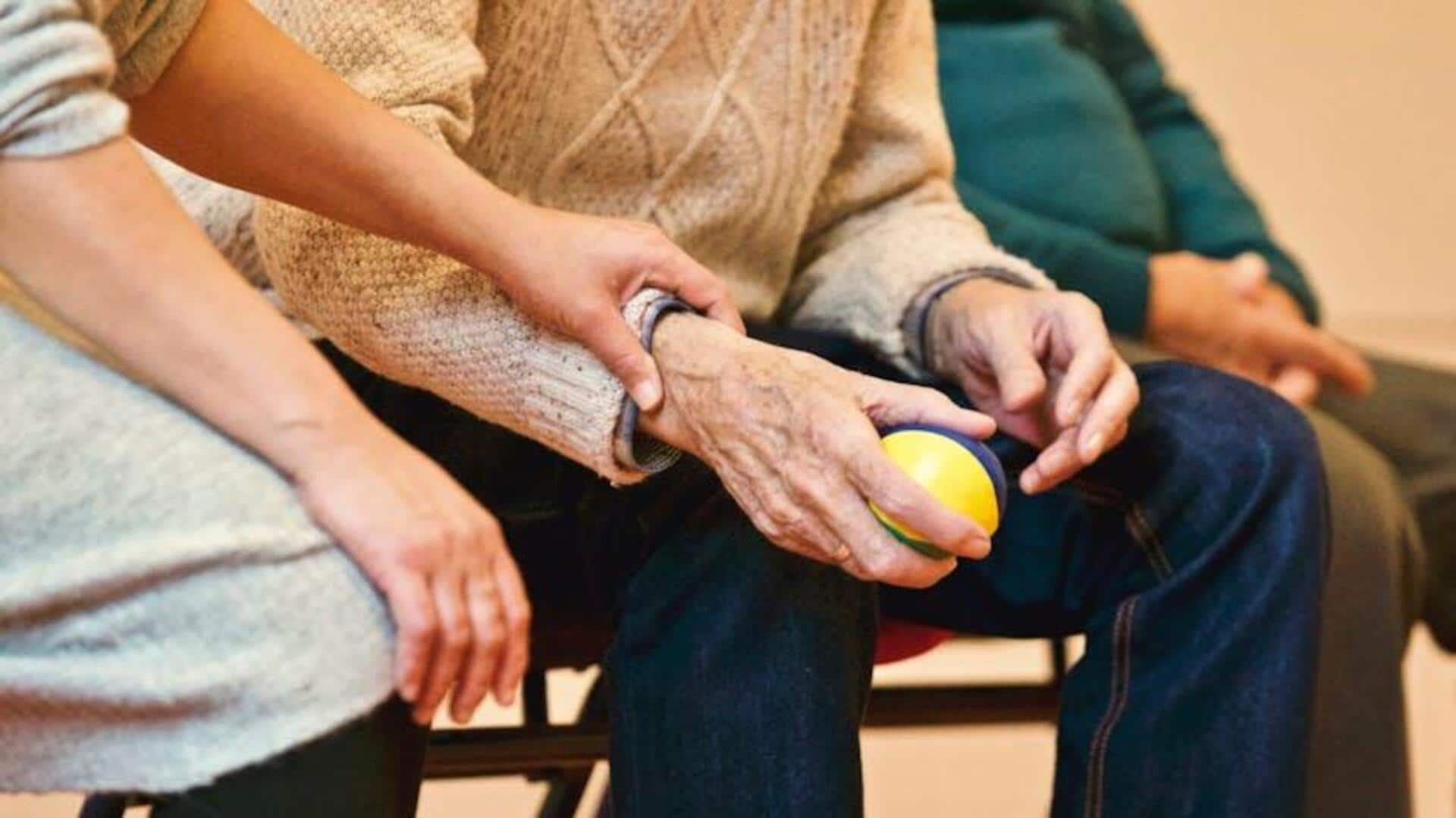
This is how you can build more empathy
What's the story
Role-playing is one of the best ways to develop empathy. It allows you to step in someone's shoes and feel what they do. By practicing role-playing regularly, you can improve how you understand other people's emotions and perspectives. Doing so will not only improve your communication but will also make your relationships stronger, both personally and professionally. Here are five ways to do so.
Drive 1
Practice active listening
Active listening plays a key role in role-playing, as it allows participants to fully grasp the perspectives they are taking on. By paying attention to what others are saying (without interrupting or judging), one can learn more about other experiences and emotions. It promotes open-mindedness and improves the ability to empathize with different perspectives.
Drive 2
Explore diverse scenarios
Going through a range of role-playing scenarios opens players up to different situations and challenges. By exploring different contexts, people can build a more well-rounded understanding of various social dynamics and cultural backgrounds. This exposure builds empathy by showing the complexities of human experiences outside of one's own bubble.
Drive 3
Reflect on personal biases
Role-playing also gives a chance to reflect on one's own biases that may impact how they deal with others. By actively checking these biases while role-playing, one can develop a better understanding of their own preconceptions and try to overcome the same. This awareness can help develop better empathy by encouraging a more inclusive attitude towards people from different walks of life.
Drive 4
Encourage emotional expression
Encouraging people to express emotions during role-play helps them relate to the emotions behind different roles they play. By expressing emotions honestly in these scenarios, people can better understand how some situations affect others emotionally. This practice improves empathetic responses by building authentic connections between them.
Drive 5
Foster collaborative problem-solving
Collaborative problem-solving within role-play promotes teamwork, all the while tackling complicated matters from various angles at once. Participants realize how working together results in creative solutions that cater to everyone's needs equally as opposed to focusing on individual interests alone—an integral part when developing empathy through shared experiences in group environments like workplaces or communities alike!